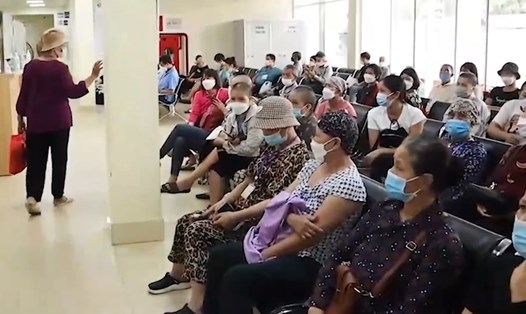This important milestone will contribute to improving the sustainable supply of HPV vaccines, allowing more girls to have access to the vaccine to prevent cervical cancer.
“Unlike most other cancers, we have the potential to eliminate cervical cancer, by adding another option to the single-dose HPV vaccination schedule,” said Dr Tedros Adhanom Ghebreyesus, WHO Director-General.
More than 95% of the 660,000 cases of cervical cancer that occur globally each year are caused by HPV. Every two minutes, a woman dies from the disease, and 90% of these deaths occur in low- and middle-income countries. Of the 20 countries most affected by cervical cancer, 19 are in Africa.
The rollout of the HPV vaccine has been hampered by global supply shortages since 2018, and manufacturing challenges faced by one of the manufacturers earlier this year have led to further shortages, potentially affecting millions of girls in need of the HPV vaccine in Africa and Asia.
“The target of the first pillar of WHO’s global strategy to eliminate cervical cancer is to vaccinate 90% of girls by the age of 15. With ongoing supply challenges, the addition of this single-dose vaccine means countries will have more vaccine options to reach more girls,” said Dr Kate O’Brien, Director of WHO’s Department of Immunization, Vaccines and Biologicals.
Global data released on 15 July 2024 show that coverage of one-dose HPV vaccination among girls aged 9–14 years increased from 20% in 2022 to 27% in 2023. In 2023, 37 countries had introduced the one-dose schedule. As of 10 September 2024, 57 countries were introducing the one-dose schedule. WHO estimates that the introduction of the one-dose schedule has resulted in at least 6 million girls being vaccinated against HPV in 2023.
In early 2024, countries and partners committed nearly $600 million in new funding to end cervical cancer. Funding included $180 million from the Bill & Melinda Gates Foundation, $10 million from UNICEF, and $400 million from the World Bank. Together with Gavi’s continued strong commitment, these investments will help accelerate the rollout and increase coverage of the HPV vaccine in girls by 2030.
WHO prequalified an additional HPV vaccine Walrinvax® on 2 August 2024, making it the fifth product available on the global market. This will contribute to a more sustainable supply of HPV vaccines.









